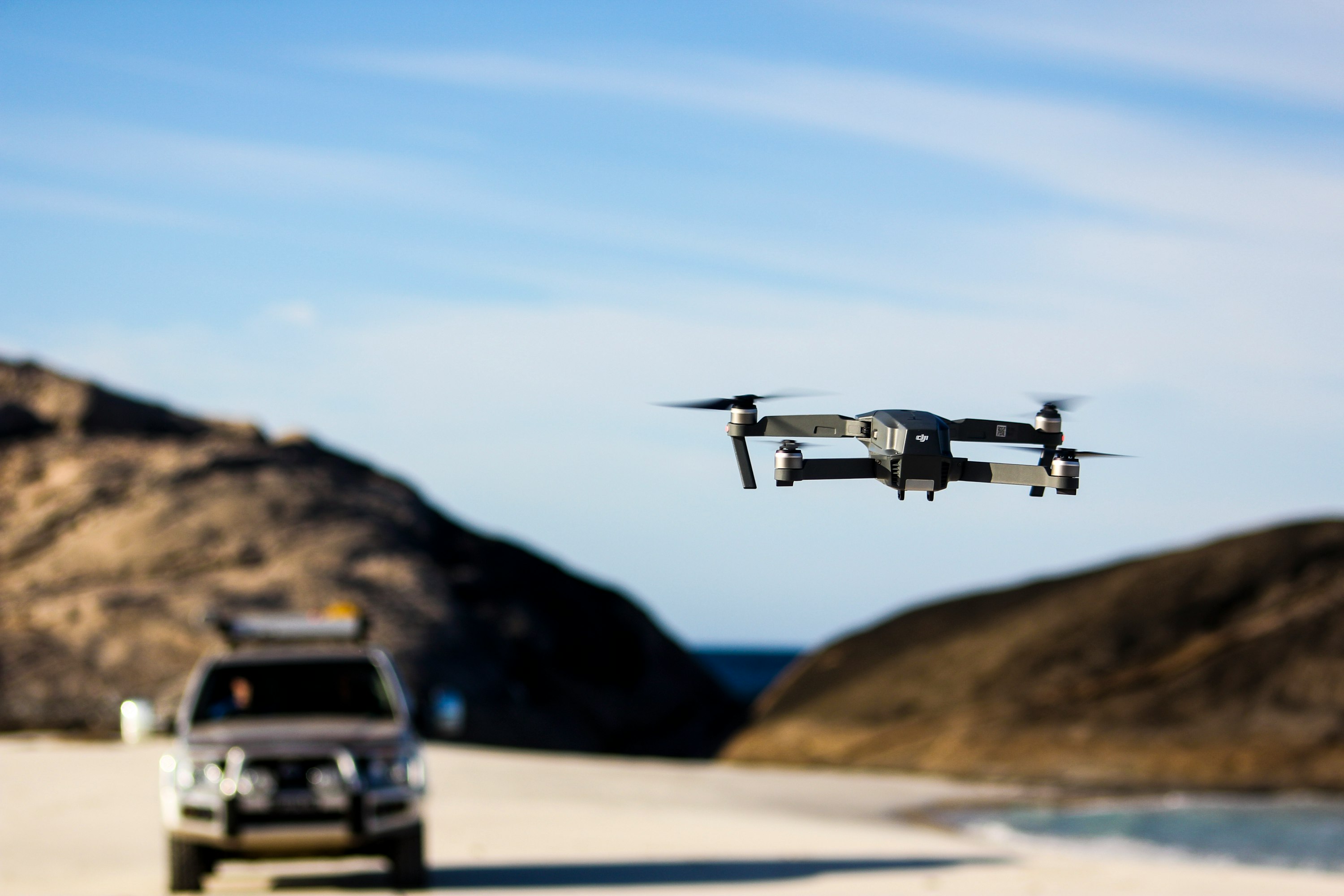One of the key areas where AI can have a transformative impact on transportation is in the development of flying cars. With AI-powered technology, the concept of flying cars can be realized, enabling faster and more efficient travel. This would not only alleviate the congestion on roads but also provide an alternative mode of transportation that can bypass traffic restrictions and reach destinations more quickly. Imagine the convenience of flying above the city skyline, avoiding traffic jams, and reaching your destination in record time.
In addition to flying cars, AI can also play a significant role in optimizing energy use and promoting sustainable design in the construction of buildings. AI-powered software can generate thousands of building ideas, taking into account factors such as energy efficiency, material usage, and environmental impact. Architects can utilize AI tools to create stunning structures that were once impossible, opening up endless possibilities for futuristic and intricate designs. By leveraging AI, architects can contribute to the development of smart cities that are environmentally friendly and promote a better world for all.
Another exciting prospect of AI in transportation is the use of 3D printing technology. With the help of AI algorithms, architects and engineers can use 3D printing to create complex structures and components that were previously considered unattainable. This technology allows for the construction of intricate and unique designs, pushing the boundaries of what is possible in transportation infrastructure. From bridges to vehicles, 3D printing with the assistance of AI enables the realization of innovative and efficient solutions.
As we gaze into the future of AI in transportation, it is essential to recognize the challenges that may arise. Ethical considerations such as privacy, security, and safety need to be addressed to ensure that AI technology is developed and used responsibly. With the vast amount of data generated in the transportation sector, it is crucial to protect individuals' privacy and safeguard against potential cybersecurity threats. Additionally, the safety of AI-powered transportation systems must be prioritized to prevent accidents and ensure public trust in these emerging technologies.
In conclusion, the potential of AI technology in transportation is vast. From flying cars to sustainable building design and 3D printing, AI has the capability to transform the way we travel and shape the future of transportation. However, to fully unlock the benefits of AI, we must address the challenges and foster a responsible approach to its development. By doing so, we can ensure that AI in transportation leads us into an era of unprecedented growth, prosperity, and efficiency. [1][2]












